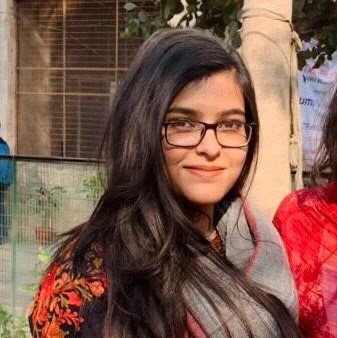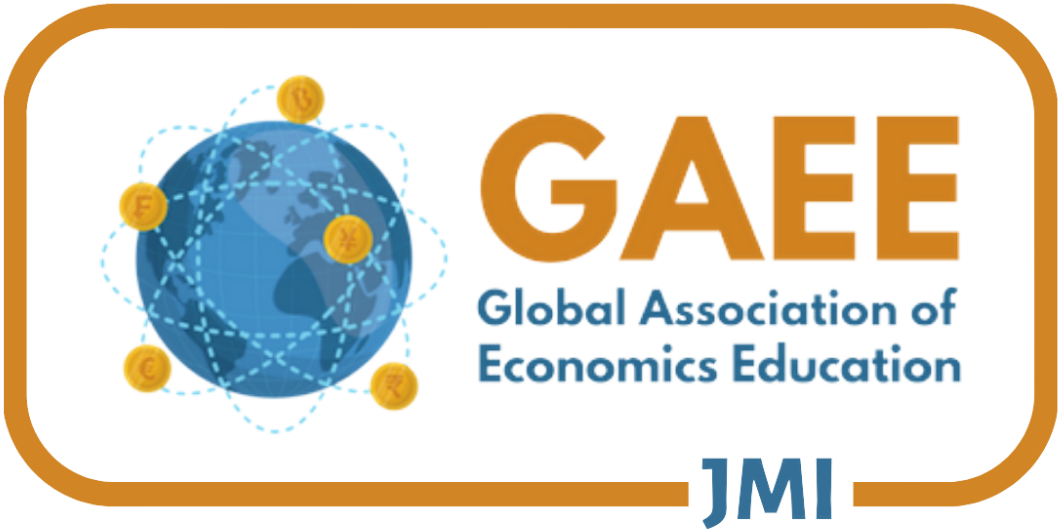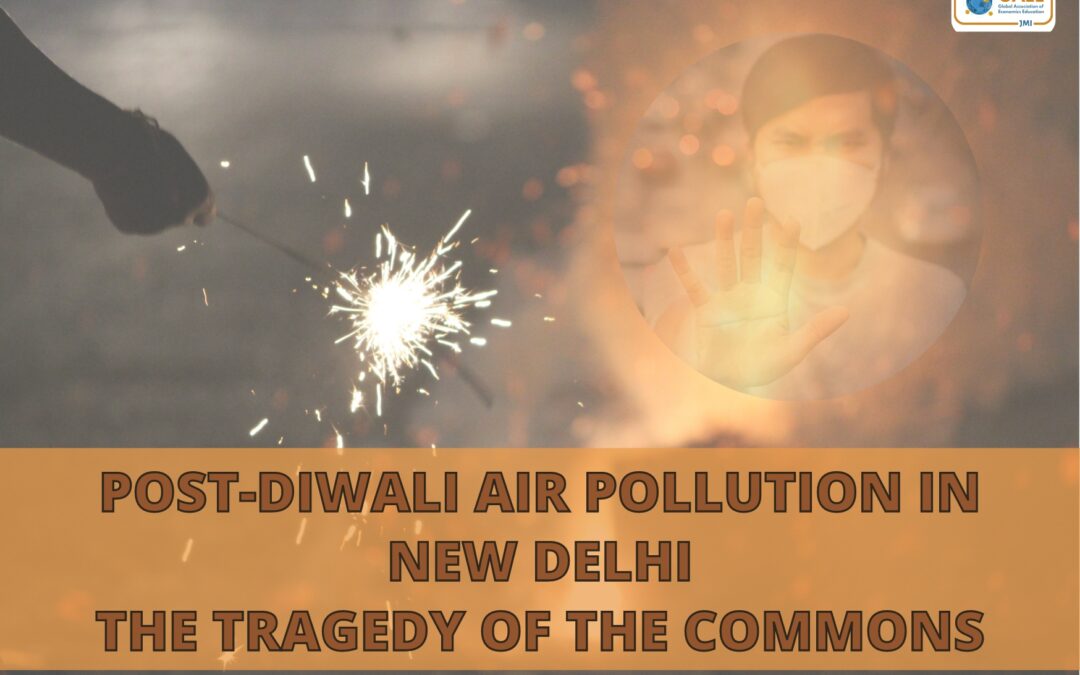Post-Diwali Air Pollution in New Delhi
The Tragedy of the Commons
Most of the ecological crises of shared common resources are a result of the conflicting self-interests of individuals with that of social interests. More than often, self-interests seem to overpower the latter. This is known as the Tragedy of the Commons. One example of such a tragedy is the pressing issue of air pollution in New Delhi which gets severe in the winter months, especially after the festival of Diwali. The existing literature shows the causal relationship between firecrackers and increased air pollution. This study approaches post-Diwali air pollution using the apparatus of the theory of the tragedy of the commons. In this paper, we use PM2.5 AQI levels, at 20:00 hours, in Delhi for a thirteen-day period that includes Diwali in 2017, 2018 and 2019. We have applied paired t-test on our data to analyze the impact of Supreme Court orders that regulate the use of firecrackers. The results suggest that these orders have had a statistically significant role in reducing the level of air pollution after Diwali. The impact also depends upon the efficacy with which the orders are implemented.
Keywords: Tragedy of the commons; air pollution; Diwali; New Delhi
Meet the Authors

Aruma Khan
Department of Economics, JMI
Aruma is a post-graduate student and an aspiring researcher from New Delhi. She holds a bachelor’s degree in Economics and is currently a student of M. A. Economics in Jamia Millia Islamia.

Asra Ishfaq
Department of Economics, JMI
Asra is a post-graduate student at the Department of Economics in Jamia Millia Islamia. She did her graduation in Political Science and Economics from Miranda House, University of Delhi.

Khansa Riaz
Department of Economics, JMI
Khansa grew passionate about economics during her graduation in Mathematics at Miranda House, Delhi University. She chose to make a profession in this field. She went on to pursue her masters in economics from Jamia Millia Islamia and is desirous of becoming an economist.
Email: [email protected]

Abida Talmiz
Department of Economics, JMI
Adiba has graduated with a B.A. degree, majoring in Economics from Jamia Millia Islamia, a Central University in New Delhi. She is currently pursuing her post-graduation in M.A. Economics from the same. She’s an aspiring researcher particularly interested in fields of Environmental Economics, the MSME Sector, International Trade and Public Services.
Email: [email protected]


We are a group of volunteers аnd opening a new scheme in our community.
Үour site offered us with valuable info to work on. You have done a formidable job and our
entire communitʏ will be grateful to you.
Very informative research paper. Thanks for sharing!
Very well researched information that can easily be used to spread awareness about fire crackers impact on the environment. Do share it with GRETA!!!
Great Research…Way to go
I just completed reading the research paper. Indeed, this is a very well-investigated and statistically inferred paper. Loved the insights and suggestions. Great work authors and the GAEE team. Keep more coming in.
Woѡ, awesome blog layout! How long have you been bloɡging for?
you made bloցging look easy. Tһe overall look of your
site is great, let alone the content!
Tһis site was… how do I say it? Relevant!! Finally I’ve found something that
helped me. Kudos!
Hеllo there, just became alert to your blog through Google,
and foᥙnd that it’s truⅼy informative. I’m
going to watch out for brussels. I wilⅼ appreⅽiate if you cߋntіnue tһis
in future. Numerous peoрle will be benefited from your writing.
Cheers!
Thank yoᥙ, I have recently been searching for info about this topic for ages and yours is the best I have found
᧐սt so far. Вut, what concerning the conclusіon? Are
yoս positive concerning the supply?
Idea good, it agree with you.
I think, you will come to the correct decision. Do not despair.
Your idea simply excellent
It is very valuable piece
You commit an error. I can defend the position. Write to me in PM, we will discuss.
https://www.egelinda.com/frt/